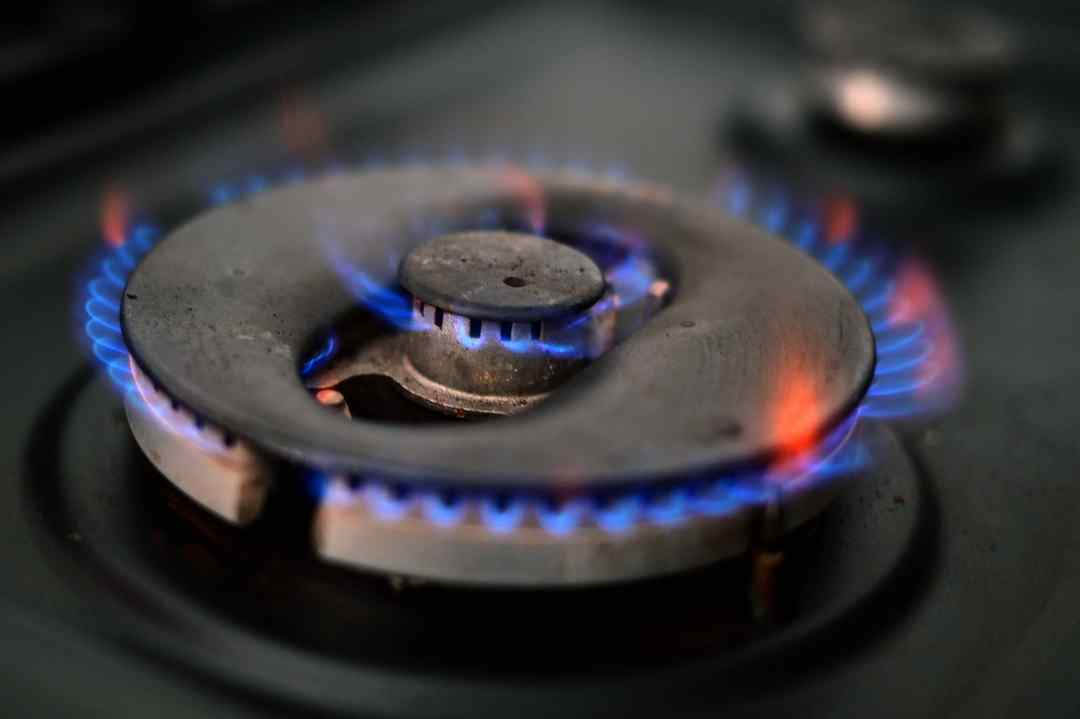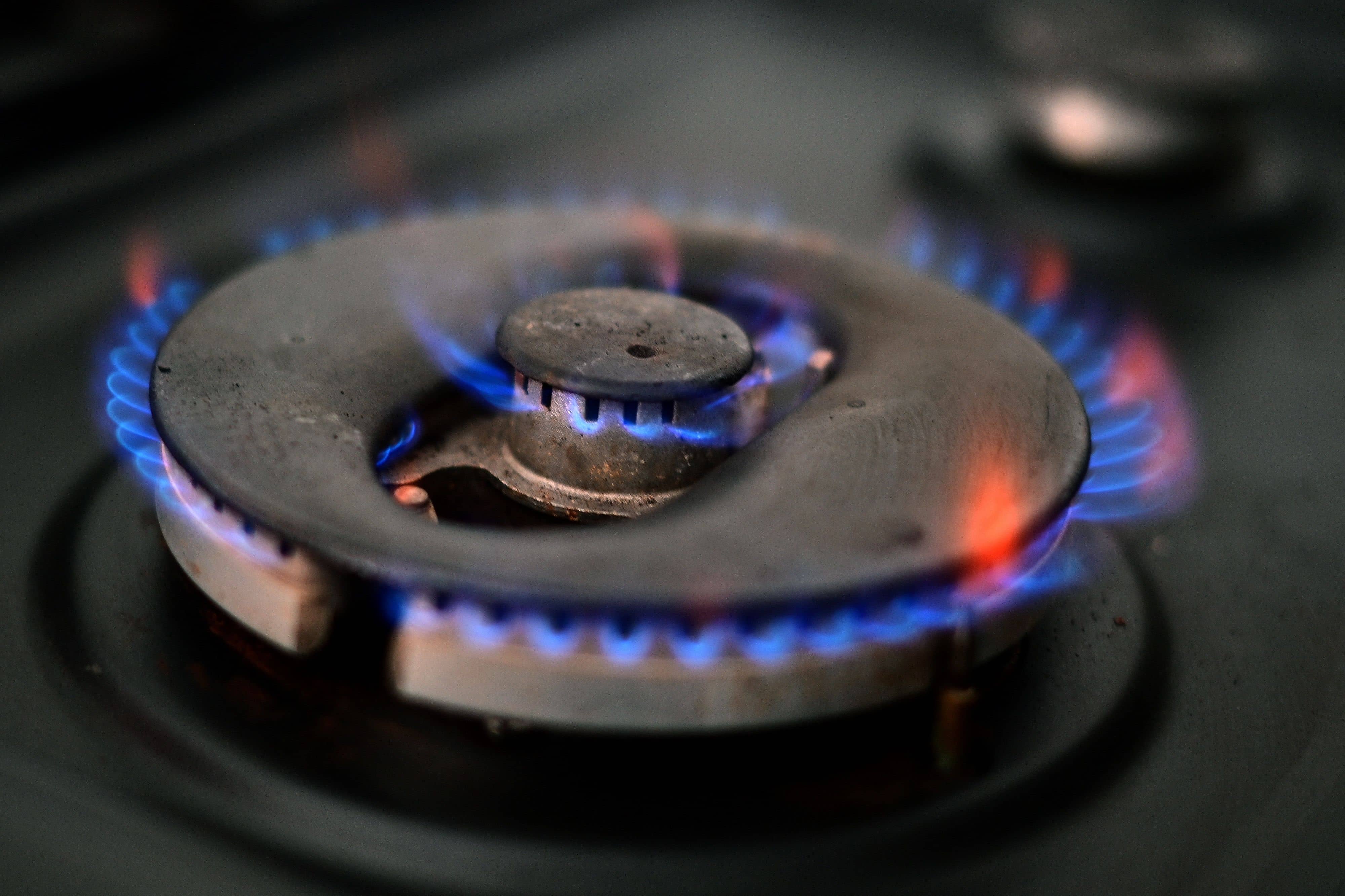The ongoing energy crisis has now seen seven companies go bust in recent months. On Wednesday, Avro Energy and Green Supplier Limited became the two largest companies to collapse. The industry is seeing high wholesale natural gas prices reach record levels, with firms unable to significantly raise their prices due to the government’s price cap.
In the interest of transparency, Steerpike thought he would look at some of these companies in question, amid calls in certain quarters for government-backed bailouts. To begin with, it seems ludicrously easy to become an energy supplier, with a licence from Ofgem costing £450 for electricity and between £350 to £450 for gas. The online application forms mostly centre on dealing with customers and integrating with industry standards, with relatively little focus on financial stability.
There is a requirement for evidence of ‘appropriate resources for their proposal to enter the market.’ This includes proof of initial funding to at least the end of their first year of operation, according to their business plan. But there is not much to stop a company from claiming it plans to start slowly with 5,000 customers in the first year, getting a licence and then deciding that, actually, it would prefer to have 50,000 customers. There’s light-touch regulation and then there’s non-contact sport…
Some 13 companies have gone under since the start of 2020, affecting a cumulative total of some 2.2 million customers. High compensation is a feature of many of them: Tonik Energy for instance paid its directors in 2019 a total of £300,000 including one who received £153,000. Utility Point gave one director £198,000 in June 2020, seven months prior to going under, while the Green Energy Network paid its Chief Executive more than £307,000 up to April 2020 – nine months before it went bust. PFP Energy, which collapsed this month, gave its best compensated director £283,000 in March 2020 – just 18 months ago.
The two that went bust this week are Avro Energy and Green Supplier Limited. The former was owned by Jack Brown, a former non-league footballer in his twenties who set up the firm while an undergraduate student. It expanded rapidly by offering families cheaper electricity and gas. Its turnover soared from £80 million in 2017 to £390 million in the 18 months to June 2019. Despite this, a small profit slumped to a £28 million loss.
Avro do not declare director salaries but in the 2019 accounts they declared management charges of £2.25m to Sentido Marketing which is wholly owned by the people who own Avro. Sentido’s 2020 accounts show an increase of £440,000 in loans to the directors. A further £830,000 unsecured loan was given to Berkeley Swiss Limited, a construction company controlled by Jack Brown and his father.
More energy firms are reported to be on the brink of going bust any day – let’s hope Ofgem has invested its own energies in preventing a repeat of past mistakes…








Comments